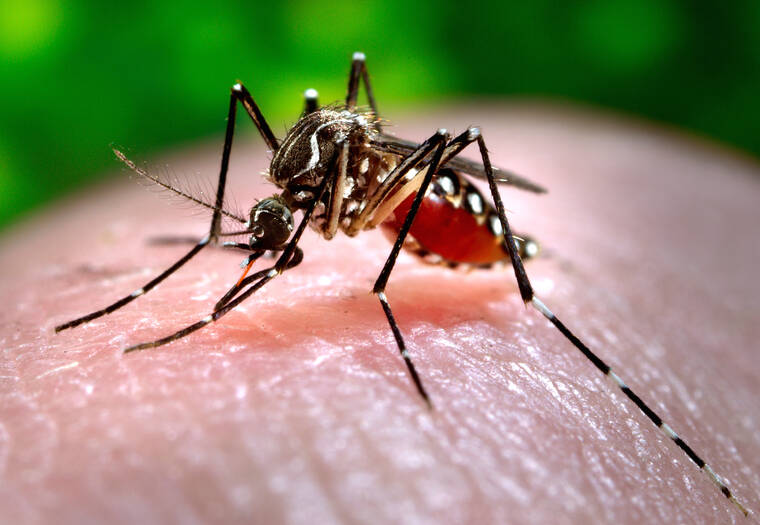Dengue Alert: Hawaii Confirms 8th Infection in 2024 Outbreak

Hawaii's ongoing battle with dengue fever continues as the Department of Health reported yet another imported case on Oahu. The latest travel-related infection pushes the state's total case count to eight for the year, signaling continued vigilance is needed to prevent further spread of this mosquito-borne illness.
Health officials remain cautious and are closely monitoring the situation, reminding travelers and residents to take necessary precautions against mosquito bites. The confirmed case underscores the importance of understanding and preventing dengue transmission, especially for those returning from regions where the disease is more prevalent.
Residents and visitors are advised to use mosquito repellent, wear protective clothing, and eliminate standing water around their homes to reduce the risk of mosquito breeding and potential infection.
